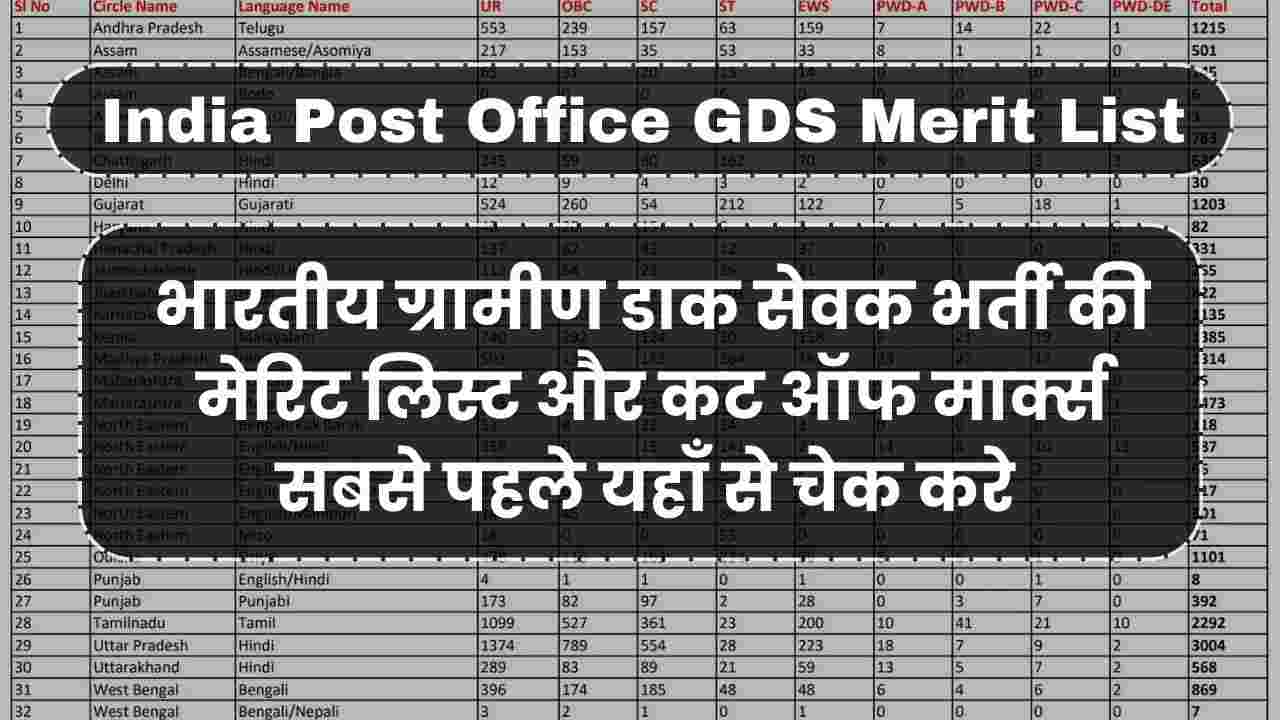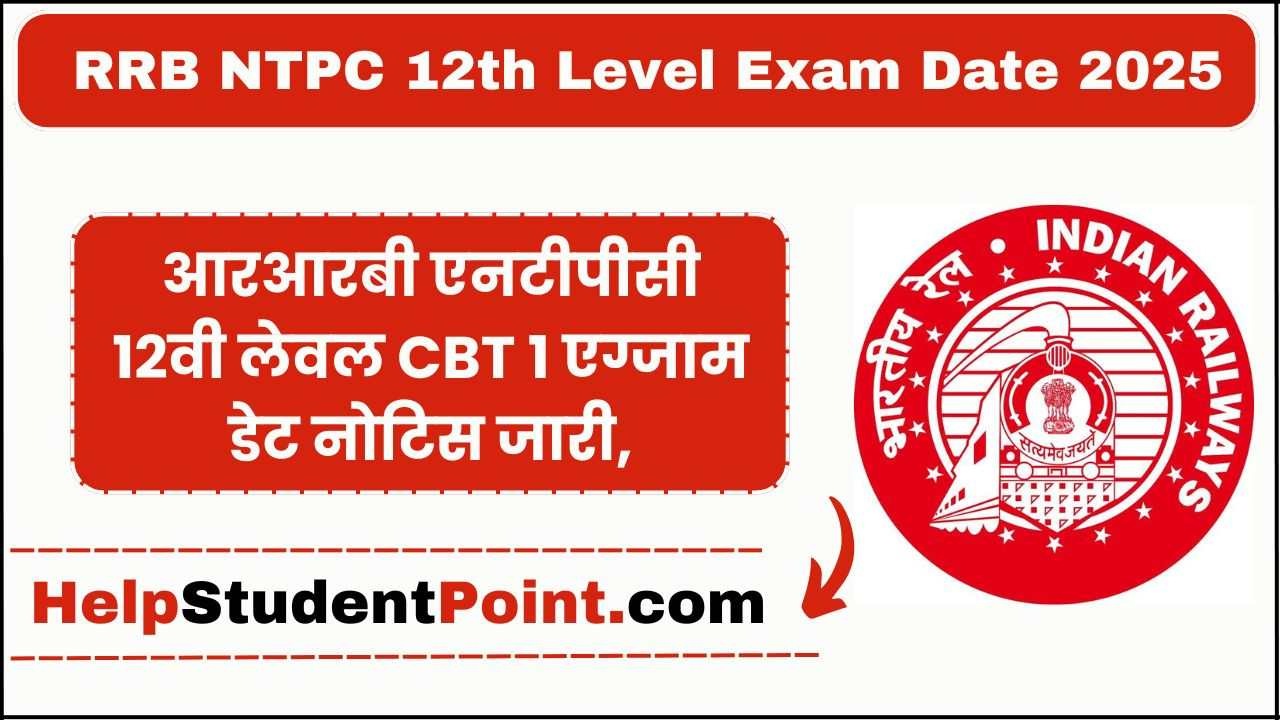UPSC CSE Hindi Kannada Syllabus for Paper-I, UPSC CSE Kannada Literature Syllabus for Paper-II kannada literature upsc topper, ias kannada medium books pdf, upsc kannada literature question papers, upsc kannada qualifying paper syllabus, upsc in kannada medium, kannada books for upsc mains, kannada literature optional for upsc question paper, upsc syllabus
| UPSC CSE Kannada Literature Syllabus for Paper-I |
|
Section A
- History of Kannada Language
What is Language ? General characteristics of Language. Dravidian Family of Languages and
its specific features. Antiquity of Kannada Language. Different phases of its Development.
Dialects of Kannada Language : Regional and Social. Various aspects of developments of
Kannada Language: phonological and Semantic changes. Language borrowing.
- History of Kannada Literature
Ancient Kannada literature : Influence and Trends, Poets for study : Specified poets from Pampa to
Ratnakara Varni are to be studied in the light of contents, form and expression : Pampa, Janna,
Nagachandra.
Medieval Kannada literature : Influence and Trends.
Vachana Literature : Basavanna, Akka Mahadevi.
Medieval Poets : Harihara, Raghavanka, Kumara-Vyasa.
Dasa literature : Purandara and Kanaka.
Sangataya : Ratnakarvarni
C. Modern Kannada literature : Influence, trends and ideologies, Navodaya, Pragatishila, Navya,
Dalita and Bandaya.
Section B
- Poetics and Literary Criticism
Definition and concepts of poetry; Word, Meaning, Alankara, Reeti, Rasa, Dhwani, Auchitya.
Interpretations of Rasa Sutra. Modern Trends of literary criticism : Formalist, Historical,
Marxist, Feminist, Post-colonial criticism.
- Cultural History of Karnataka
Contribution of Dynasties to the culture of Karnataka: Chalukyas of Badami and Kalyani,
Rashtrakutas, Hoysalas, Vijayanagara rulers, in literary context.
Major religions of Karnataka and their cultural contribution.
Arts of Karnataka ; Sculpture, Architecture, Painting, Music, Dance—in the literary context.
Unification of Karnataka and its impact of Kannada literature.
|
| UPSC CSE Kannada Literature Syllabus for Paper-II |
Note- The paper will require first-hand reading of the texts prescribed and will be designed to test
the critical ability of the candidate.
Section A
- Old Kannada Literature
1. Vikramaarjuna Vijaya of Pampa (Cantos 12 & 13), (Mysore University Pub.)
2. Vaddaraadhane (Sukumaraswamyia Kathe, Vidyutchorana Kathe)
- Medieval Kannada Literature
1. Vachana, Kammata, Ed. K. Marulasiddappa K.R. Nagaraj (Bangalore University Pub.)
2. Janapriya Kanakasamputa, Ed. D. Javare Gowda (Kannada and Culture Directorate,
Bangalore)
3. Nambiyannana Ragale, Ed., T.N. Sreekantaiah (Ta. Vem. Smaraka Grantha Male, Mysore)
4. Kumaravyasa Bharata : Karna Parva (Mysore University)
5. Bharatesha Vaibhava Sangraha Ed Ta. Su. Shama Rao (Mysore University)
SECTION B
- Modern Kannada Literature
1. Poetry : Hosagannada Kavite, Ed. G.H. Nayak (Kannada Saahitya Parishattu,
Bangalore)
2. Novel : Bettada Jeeva—Shivarama Karanta Madhavi—Anupama
NiranjanaOdalaala-Deva-nuru Mahadeva
3. Short Story : Kannada Sanna Kathegalu, Ed. G.H. Nayak (Sahitya Academy, New Delhi)
4. Drama : Shudra Tapaswi—Kuvempu. Tughalak—Girish Karnad.
5. Vichara Sahitya : Devaru—A.N. Moorty Rao (Pub: D.V.K.Moorty, Mysore.)
- Folk Literature :
1. Janapada Swaroopa—Dr. H.M. Nayak. (Ta. Vem. Smaraka Grantha Male, Mysore.)
2. Janpada Geetaanjali—Ed. D. Javare Gowda.(Pub : Sahitya Academy, New Delhi).
3. Kannada Janapada Kathegalu—Ed. J.S. Paramashiviaah (Mysore University).
4. Beedi Makkalu Beledo. Ed. Kalegowda Nagavara (Pub : Bangalore University).
5. Savirada Ogatugalu—Ed. S.G. Imrapura.
|
Frequently Asked Questions (FAQs) On UPSC CSE Optional Syllabus
Question- What is the UPSC’s Annual Programme (Calendar) of Examinations/RTs (Recruitment Tests)?
Answer – The UPSC publishes an Annual Programme (Calendar) of all the Structured Examinations/RTs conducted by it at least 6 months in advance (i.e. in June) for the Examinations/RTs to be conducted during the next calendar year. The Programme is uploaded on the UPSC’s website as also published in the leading news papers of the country. The date of issue of Examination Notice for each Examination is also mentioned in this Annual Programme.
Question- What happens if a candidate submits multiple online applications?
Answer – While a candidate should avoid submitting more than one online application, in case of doing so, the data provided in the last application (highest RID Number), that is successfully submitted online, is accepted by the Commission. All previous applications are ignored as these are amalgamated with the last completed & finally submitted application. If an applicant (who has already submitted an application successfully) wants to
make amendments in the application, then he has to submit a fresh application on or before the last date of submission of application of the Examination. Therefore, it must be ensured that fee is submitted against the
last online application only, which should also be complete in all respects including its final submission. Fee paid against one RID shall not be adjusted against any other RID number
Question- What action is taken by the Commission in case of submission of false information by the candidates?
Answer – A candidate found to be furnishing false information to the Commission or suppressing information, adopting various unfair means in the Examination like impersonation, cheating, etc., is liable to be disqualified
and/or debarred from writing UPSC Examinations as decided by the Commission. A detailed stipulation in this regard is incorporated in the Rules of Examination/ Examination Notices.




